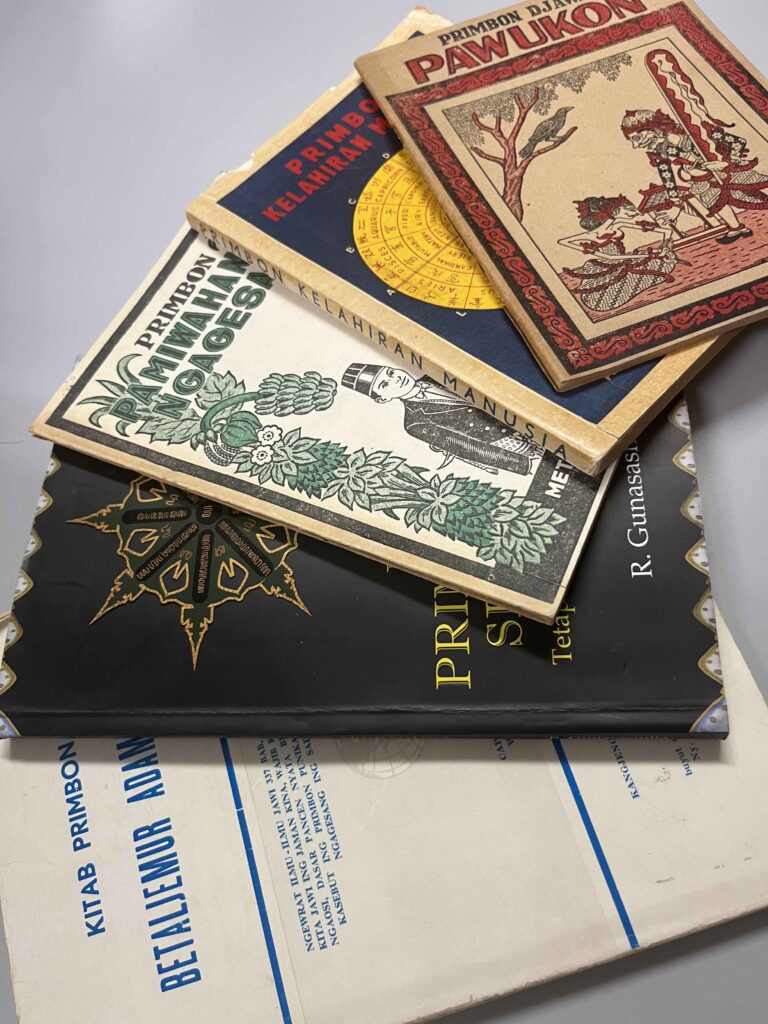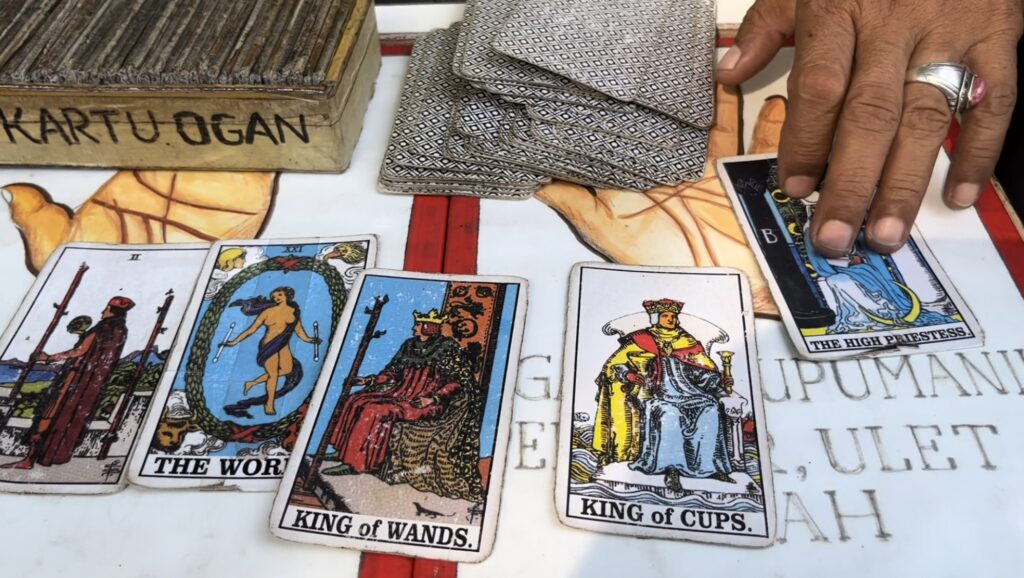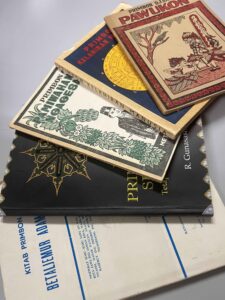Pilot study
"Knowledges of divinatory manuals primbon in the late 20th Century Java: Religious complexity latent in “ilmu”"
R5 2-5 (R5 AY2023)
| Project Leader | Maeda Saki (Kobe University, Graduate School of Intercultural Studies) |
| Research Project | Knowledges of divinatory manuals primbon in the late 20th Century Java: Religious complexity latent in “ilmu” |
| Countries of Study | Indonesia |
Outline of Research
This study aims to examine the transformation of the primbon, the manulas of Javanese divination, published mainly in the late 20th century, with the social conditions of the time. Primbon mainly describes Javanese divination, which is based on calendars and calculations, but also deals with other matters that vary from period to period and region to region. In particular, I will focus on the decline in the publication of primbon by Chinese descendants after 1965 and the emergence of primbon, highlighting the horoscope and women after 1980. From the analysis of the contents of primbon, I will reexamine the transformation in how knowledge, “ilmu” in the folk term, is to be, as discussed by Anderson and others, from a contemporary perspective.
Purpose of Research, Its Significance and Expected Results, etc
The purpose of this study is to examine changes in the contents of primbon in relation to the social situation at that time. Primbon is a Javanese divination manual. In particular, this study will focus on the decrease in the publication of primbon by Chinese descendants after 1965 and the emergence of primbon emphasizing horoscopes and women after 1980. In this study, I willl collect and analyze primbon data and interview authors, publishers, users, and others involved with primbon. Through this research, I will examine the intentions behind the publication of primbon, how they were accepted, and how they have changed over time.
The significance of this study is that it concretely shows the transition of the state of knowledge in Java and Indonesia and reexamines it from a contemporary perspective. Until the 1990s, many studies were already conducted on how knowledge was to be in Java, and among them, the word “ilmu” has attracted much attention. This word comes from Arabic and is often translated as knowledge or science; however, it has a more multilayered and fluid meaning in Indonesian and Javanese. By focusing on primbon, which has both classical and popular literature characters, this study can add a new perspective on how knowledge “ilmu,” is to be in Java and also reconsider it from a contemporary perspective by taking social changes after the 1990s into account.
In addition, this study will also contribute to the understanding and documentation of publication culture in Java because it will examine small-scale publishers and their publications that are not often the subject of literary studies.




